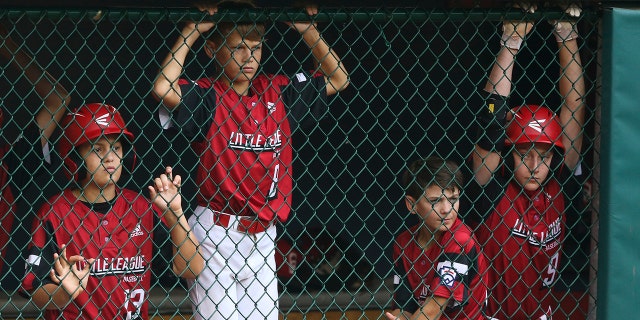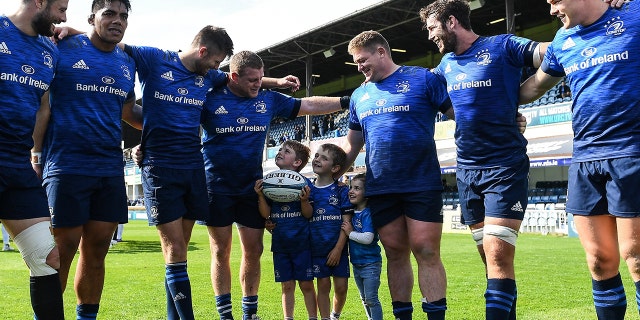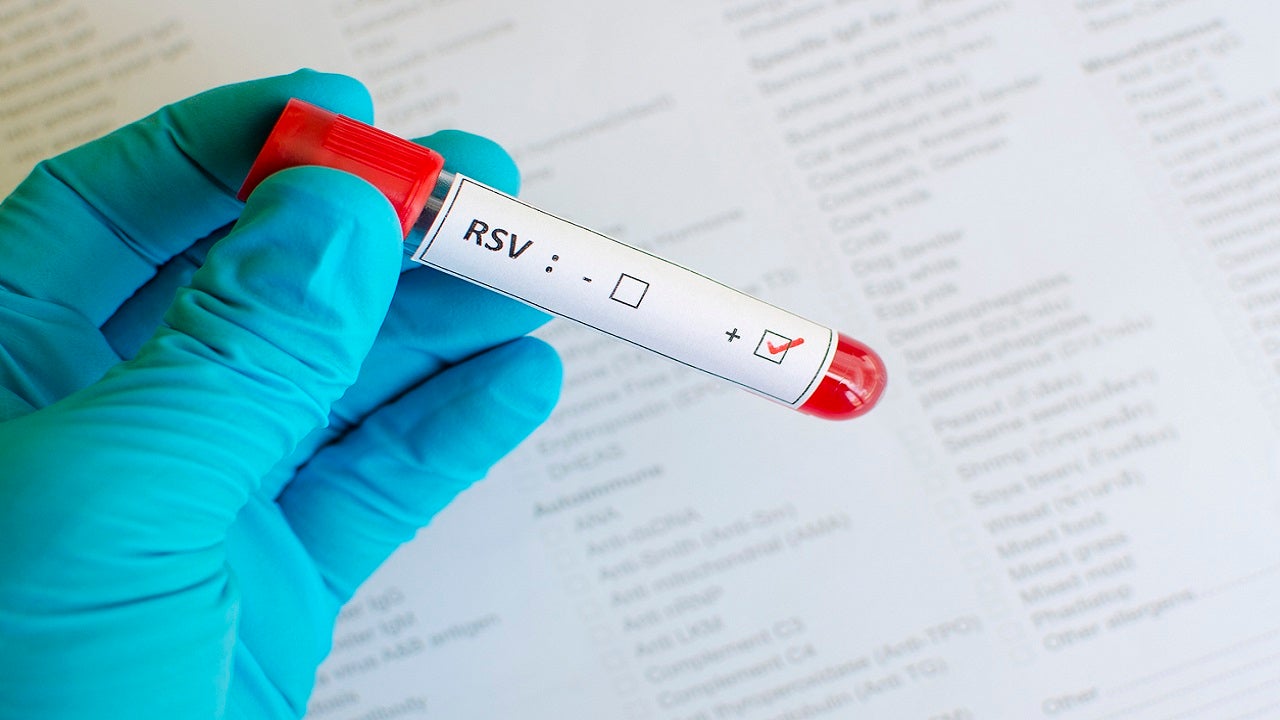Children and adolescents who participated in team sports in the United States have fewer mental health difficulties compared to kids who did not participate in organized sports, but children who participated only in individual sports had worse mental health outcomes compared to those who don’t play any sports, according to a recent study published in the open-access journal Plos One.
The researchers analyzed self-reported data from parents or guardians regarding their mental-health” target=”_blank”>children’s mental health difficulties<
medical-research” target=”_blank”>Previous research< which was consistent with their hypothesis.

WILLIAMSPORT, PENNSYLVANIA – AUGUST 29: Team Ohio players watch from the dugout in the fifth inning of the 2021 Little League World Series against Team Michigan at Howard J. Lamade Stadium on August 29, 2021, in Williamsport, Pennsylvania.
(Photo by Joshua Bessex/Getty Images)
The female participants who had participated in both team and individual sports had a decreased likelihood of rule-breaking behavior than non-sports participants.
MELATONIN POISONING IN KIDS SHARPLY INCREASED DURING CORONAVIRUS PANDEMIC, STUDY SAYS
But they were surprised by one result.
healthy-living who played exclusively team sports, like basketball or soccer, had fewer mental health difficulties than those who did not participate in any organized sports. However, to our surprise, youth who participated in only individual sports, such as gymnastics or tennis, had more mental health difficulties compared to those who did not participate in organized sports,” the study said.
“The findings complement previous research suggesting that team sport participation may be a vehicle to support child and adolescent mental health,” the researchers added.
COVID, MENTAL HEALTH AND SCHOOLS: OUR KIDS ARE SUFFERING AND IT’S NOT ALRIGHT
The cross-sectional design of the study does not allow the study to make a causal link between the relationship between participation in organized sports and mental health difficulties.

Dublin , Ireland – 4 June 2022; Seán Cronin of Leinster with his children Finn, Cillian and Saoirse in the team huddle after their side’s victory in the United Rugby Championship Quarter-Final match between Leinster and Glasgow Warriors at RDS Arena in Dublin.
(Photo By Harry Murphy/Sportsfile via Getty Images)
So the results do not mean participation in team sports improves children and adolescent’s mental health or that mental health scores can predict if a child will be more or less likely to participate in different types of sports.
CLICK HERE TO GET THE FOX NEWS APP
“Additional research is needed to determine to what extent, and under what circumstances, participation in individual sport may be problematic for younger cohorts,” the researchers concluded.
 Iktodaypk Latest international news, sport and comment
Iktodaypk Latest international news, sport and comment






